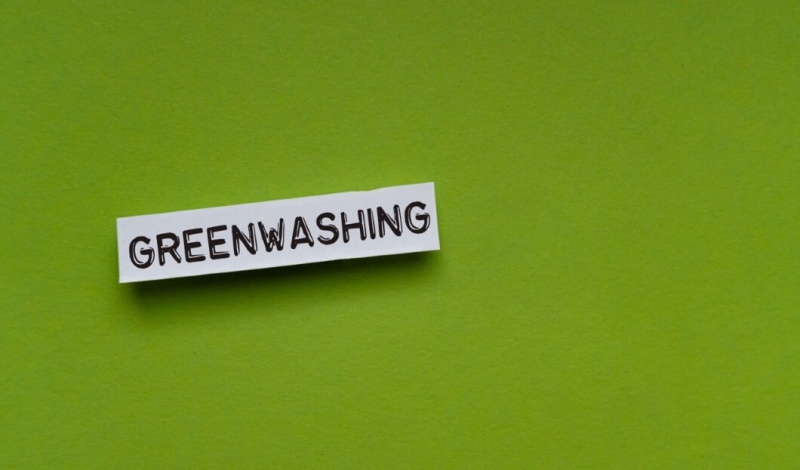Big European airlines, like Lufthansa and Air France, are changing their tune about carbon offsetting for flights. About 21 of them have now agreed to stop making environmental claims that don’t quite add up. This pledge, announced by the European Commission, is timed with Brazil’s UN COP30 climate conference (10-21 Nov), really highlighting how serious the EU is about stopping greenwashing in the skies.
Cracking Down on Vague Promises
These promises are a result of talks among the airlines, the Commission, and groups watching out for consumers. Airlines are saying they’ll quit saying things like a flight’s CO2 can be totally “neutralized” just because passengers throw money at climate projects or SAF, or so-called sustainable aviation fuel.
Airlines will need to steer clear of general, unclear language and actually prove any future environmental claims with hard facts and timelines to prevent any more tricky marketing. They’re being told to show CO2 numbers clearly, so passengers can see the climate footprint of their trips.
One Commission person said, “This fits perfectly with what people are pushing for at COP30: real climate action. Aviation needs to be upfront, not just hype, so people can trust sustainable travel.”
The Full List of Committed Carriers
The Commission has shared the full list of the 21 European airlines involved, everything from your main flag carriers to the budget ones. They’ve all promised to get moving on these changes:
|
Air Baltic Air Dolomiti Air France Austrian Airlines Brussels Airlines Eurowings EasyJet Finnair KLM Lufthansa Luxair |
Norwegian Ryanair SAS Swiss TAP Transavia France Transavia CV Volotea Vueling Wizz Air
|
These airlines carry a huge amount of Europe’s air traffic, and their collective agreement could totally change the way the industry talks about being green.
Roots in Consumer Complaints and Legal Precedents
These pledges come after a warning in June 2023 by the European Consumer Organisation (BEUC), calling out 17 airlines for claims that weren’t really true. BEUC said that these airlines were tricking passengers into thinking their flights were eco-friendly when really, they were still adding to aviation’s big carbon problem.
Click here to preview your posts with PRO themes ››
These airlines have been in trouble before too. Back in March 2024, a Dutch court ruled against KLM for ads that were “vague” and made sustainability seem better than it was. Air France was also rapped on the knuckles by the UK’s Advertising Standards Authority in 2023 over Google ads that talked about eco-friendly travel. Lufthansa even had to take down some posters in Belgium way back in July 2022 after they implied that flying was good for the planet.
These decisions are pushing the industry to focus on real progress instead of just flashy marketing.
A Shift from Offsets to SAF (Sustainable Aviation Fuels)
Some airlines have already started making changes. Air France and KLM stopped doing carbon offsetting three years ago because people said they weren’t really working and didn’t reduce emissions directly. These schemes generally involved planting trees.
According to the Commission, “An Air France-KLM person said the group is now buying SAF.” Sustainable Aviation Fuel, made from waste stuff or crops you don’t eat, is a more direct way to reduce carbon, even though it’s not easy to get enough of it. The industry is clearly moving towards real innovations, at least.
COP30 and a Path to Reality
With COP30 on the horizon, hosted in Brazil, the EU’s move acts as a pertinent message that corporate responsibility should keep pace with government aims. The Commission’s goal, to boost consumer choice via clearer rules, could speed up the aviation sector’s 2050 net-zero target.
The announcement was met with approval, with environmental groups like BEUC calling it “a long-overdue victory.” They stressed that successful enforcement is key, though. With these new commitments, perhaps Europe’s skies will become less polluted by just “talk,” and more so with reality, even as offsets face regulatory uncertainty.


